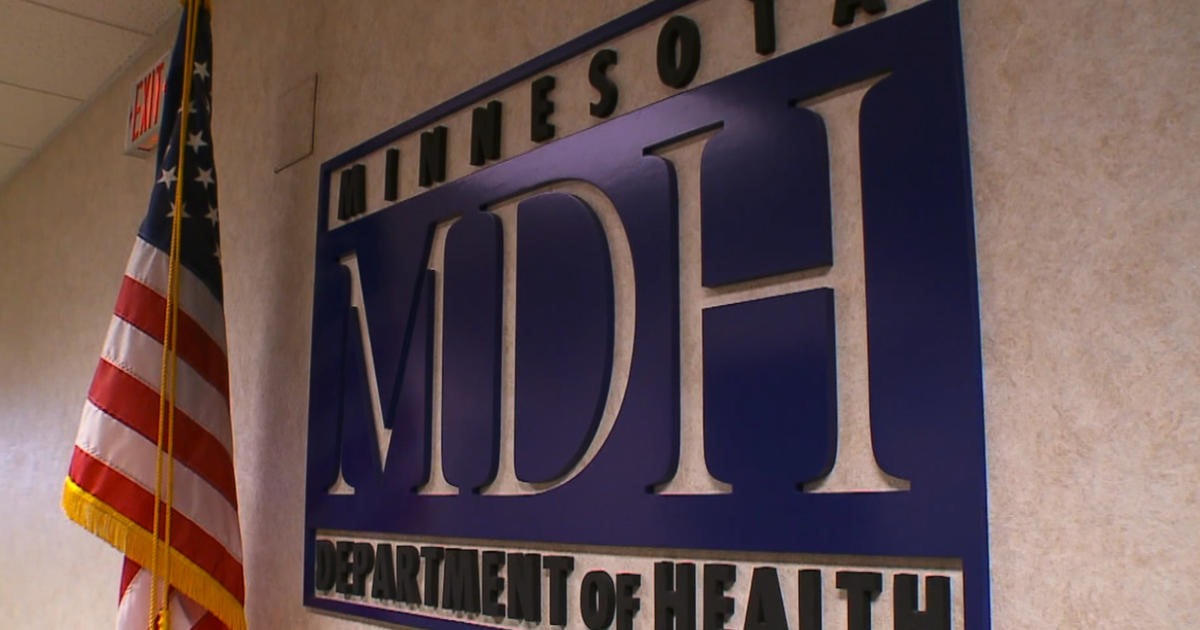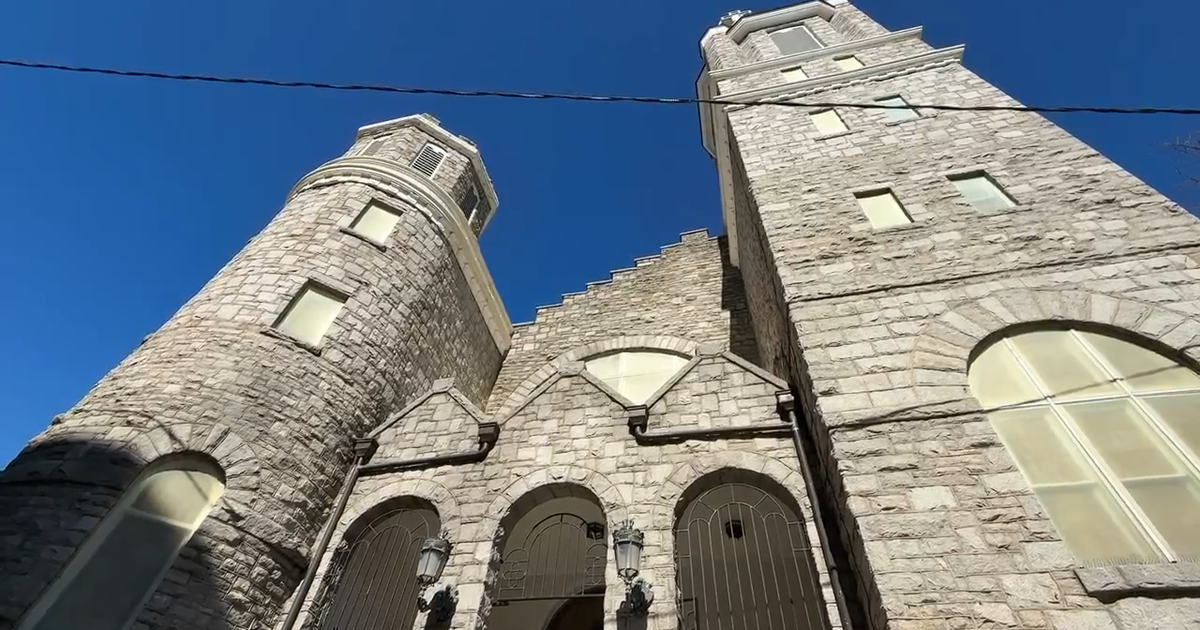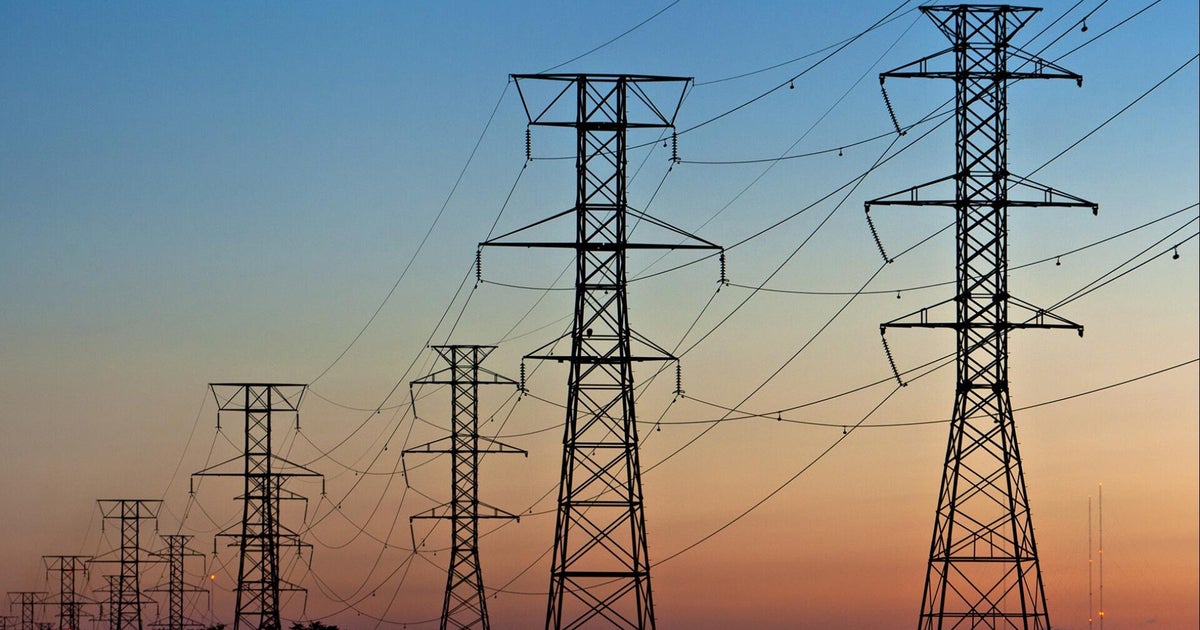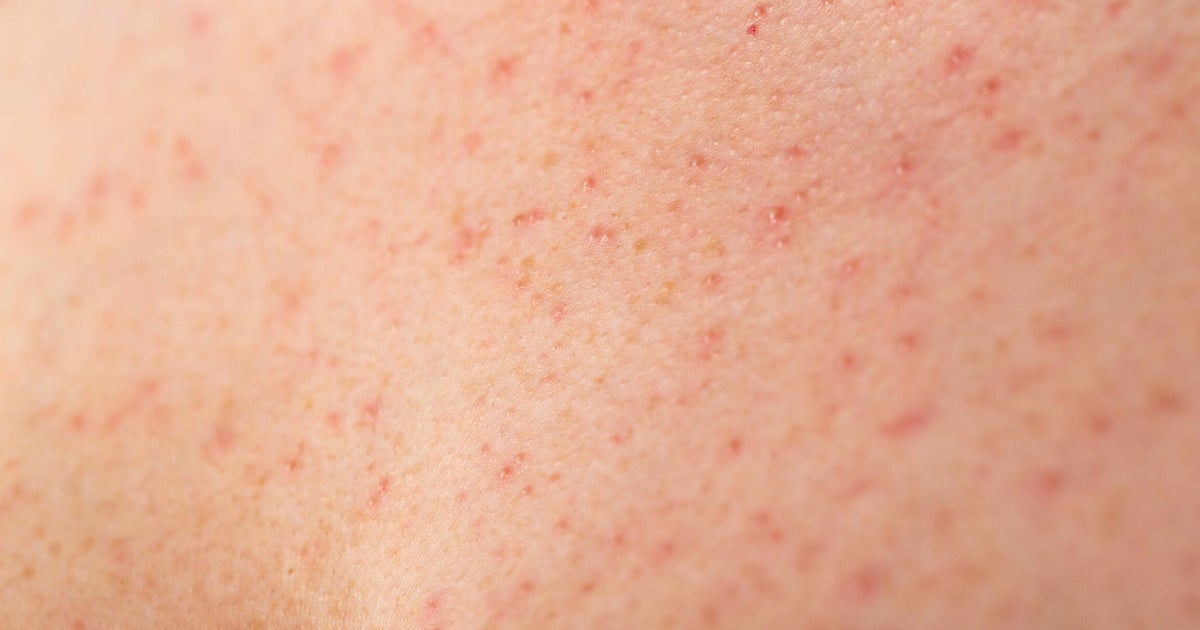New Report Indicates Coronavirus May Be Spread By Poor Ventilation
NEW YORK (CBSNewYork) -- There's a new concern about the coronavirus as we head into warmer months.
For months, we've been told COVID-19 is transmitted through droplets, person-to-person, and in some cases from contaminated surfaces.
But evidence now indicates there could be another form of spread.
"From what we know so far, it's mostly short range, but if you have the right circumstances then it could be airborne," air quality expert Dr. William Bahnfleth told CBS2's Christina Fan.
CORONAVIRUS PANDEMIC
- Resources, Hotlines, Unemployment & Covering Bills
- Remote Learning Tools For Parents Teaching At Home
- Ask Dr. Max Your Health Questions
- How Make Your Own DIY Face Mask
- How To Safely Remove Disposable Gloves
- Tips For Parents To Help Kids Cope
- Chopper 2 Over Empty NYC Streets, Landmarks
- Complete Coronavirus Coverage
Bahnfleth, a professor of architectural engineering, says a new report published by Chinese researchers shows how poor ventilation can spread COVID-19.
The case study examines a restaurant in China where 10 customers were infected.
The people who got sick were seated at three tables, three feet apart.
Scientists say strong airflow from the air conditioner moved droplets from one table to another.
"I don't think we have enough information to be widely opening up society, to be honest. And that's one of the things, we need answers to questions like this," said physician Dr. Matthew Heinz, a former director of Provider Outreach in the Office of Intergovernmental and External Affairs under the Obama administration who assisted in the domestic response to the Ebola crisis.
When a person coughs or sneezes, larger droplets fall to the ground.
Smaller droplets remain suspended in the air and can be moved around by air currents.
Doctors say right now, it's unclear how much you have to breathe in to be infected.
"I think you need to assume it's possible and that's why it's so important to maintain the social distancing," Heinz said.
CORONAVIRUS: NY Health Dept. | NY Call 1-(888)-364-3065 | NYC Health Dept. | NYC Call 311, Text COVID to 692692 | NJ Health Dept. | NJ Call 1-(800)-222-1222 or 211, Text NJCOVID to 898211 | CT Health Dept. | CT Call 211
Experts say that risk is why people should upgrade filters in their AC units.
They are urging commercial buildings to switch their systems to the outside air as opposed to recirculating existing air within the building.
"In general, the ventilation and filtration, particularly if it's high-efficiency filtration, are going to be risk-reducing factors," Bahnfleth said.
If your system can't pull in outside air, like most residential homes, experts recommend opening windows, anything to help dilute the contaminants in your air supply.







